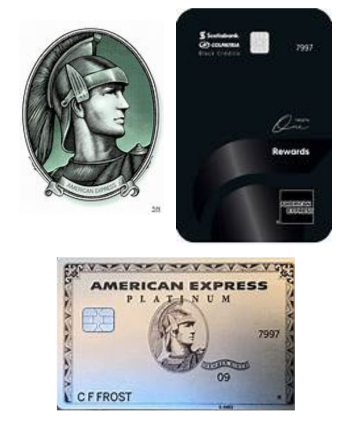Introduction
Unlock the secrets to financial freedom with our expert insights on managing your money, credit cards, loans, and mortgages in the U.S. Discover strategies to boost your savings, improve your credit score, and make informed financial decisions. Join us on a journey to financial empowerment, leveraging top financial services, insurance, and investment opportunities.

Understanding Your Finances
Assessing Your Financial Health
Before you can improve your finances and credit cards, it’s crucial to understand your current financial situation. This involves tracking your income, expenses, debts, and savings. Use budgeting tools and apps to get a clear picture of where your money is going.
Setting Financial Goals
Once you have a clear understanding of your finances, set realistic and achievable financial goals. Whether it’s saving for a down payment on a house, paying off debt, or building an emergency fund, having specific goals will keep you motivated and on track.
Maximizing Credit Card Benefits
Choosing the Right Credit Card
Not all credit cards are created equal. Research and compare different credit cards to find one that offers the best rewards, lowest interest rates, and most suitable terms for your spending habits and financial goals.
Using Credit Cards Wisely
To maximize the benefits of your credit card, use it responsibly. Pay off your balance in full each month to avoid interest charges, and take advantage of rewards programs and cashback offers. Avoid maxing out your credit limit, as this can negatively impact your credit score.
Boosting Your Savings
Creating a Savings Plan
A solid savings plan is essential for financial stability. Set aside a portion of your income each month for savings, and consider automating your savings to ensure consistency. Look for high-yield savings accounts to maximize your interest earnings.
Cutting Unnecessary Expenses
Review your monthly expenses and identify areas where you can cut back. This might include dining out less, canceling unused subscriptions, or finding more affordable alternatives for everyday purchases.
Improving Your Credit Score
Understanding Credit Scores
Your credit score is a crucial factor in your financial health. It affects your ability to get loans, credit cards, and even rent an apartment. Understand the factors that influence your credit score, such as payment history, credit utilization, and length of credit history.
Steps to Improve Your Credit Score
To improve your credit score, make timely payments, reduce your debt, and avoid opening too many new credit accounts at once. Regularly check your credit report for errors and dispute any inaccuracies.
Ranking of Financial Tips
1. Create a Budget
Creating a budget is the foundation of good financial management. It helps you track your income and expenses, ensuring you live within your means.
2. Build an Emergency Fund
An emergency fund is crucial for unexpected expenses. Aim to save at least three to six months’ worth of living expenses.
3. Pay Off High-Interest Debt
High-interest debt, such as credit card debt, can quickly spiral out of control. Focus on paying it off as soon as possible.
4. Invest for the Future
Investing is key to growing your wealth over time. Consider a mix of stocks, bonds, and other investment vehicles.
5. Maximize Retirement Contributions
Take full advantage of retirement accounts like 401(k)s and IRAs. Contribute as much as you can, especially if your employer offers matching contributions.
6. Monitor Your Credit Score
Regularly check your credit score and report to ensure accuracy and identify areas for improvement.
7. Use Credit Cards Responsibly
Credit cards can be a valuable tool if used wisely. Pay off your balance in full each month and avoid unnecessary debt.
8. Cut Unnecessary Expenses
Identify and eliminate unnecessary expenses to free up more money for savings and investments.
9. Automate Your Savings
Set up automatic transfers to your savings account to ensure you consistently save money each month.
10. Seek Professional Advice
Consider consulting a financial advisor for personalized advice and strategies tailored to your financial situation.
FAQ
1. What is the best way to start saving money?
Start by creating a budget to track your income and expenses. Identify areas where you can cut back and set up automatic transfers to your savings account.
2. How can I improve my credit score quickly?
Make timely payments, reduce your debt, and avoid opening too many new credit accounts. Regularly check your credit report for errors and dispute any inaccuracies.
3. What should I look for in a credit card?
Look for a credit card with low interest rates, no annual fees, and rewards or cashback programs that match your spending habits.
4. How much should I save in an emergency fund?
Aim to save at least three to six months’ worth of living expenses in an easily accessible account.
5. When should I start investing for retirement?
The earlier you start investing for retirement, the better. Take advantage of compound interest by starting as soon as possible, even if you can only contribute a small amount initially.



